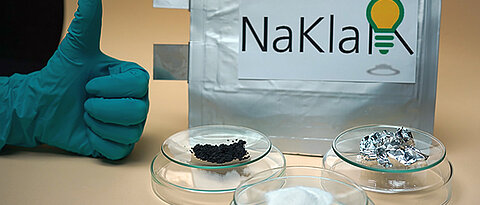
The batteries of the future must be both powerful and sustainable. A new joint project, coordinated by the University of Würzburg, aims to make sodium-ion batteries ready to fulfill for these requirements.
more
The batteries of the future must be both powerful and sustainable. A new joint project, coordinated by the University of Würzburg, aims to make sodium-ion batteries ready to fulfill for these requirements.
more
Empathy can be transferred. This means that people can acquire or lose empathy by observing their environment. This is shown by a new study by Würzburg neuroscientist Grit Hein.
more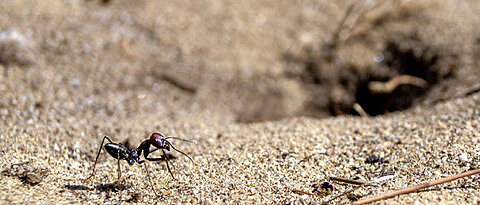
Desert ants find their way during an early learning phase with the help of the Earth's magnetic field. The associated learning process leaves clear traces in their nervous system. This is shown in a new study by a Würzburg research team.
more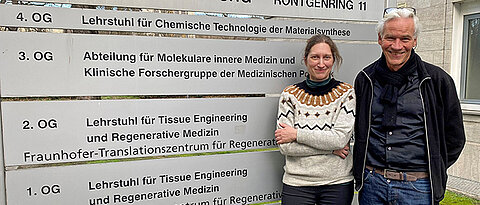
Treating knee joint defects with cartilage from the nose: The University Hospital in Würzburg is working on the approval of this procedure. They received funding of 2.3 million euros for this purpose.
more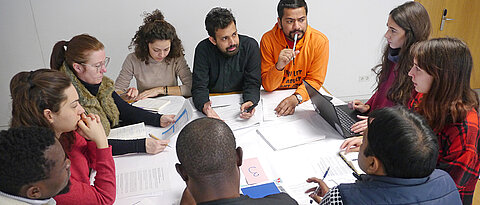
The Adult Education Academy currently brings together people from 22 countries in Würzburg. The meeting also includes a number of public lectures.
more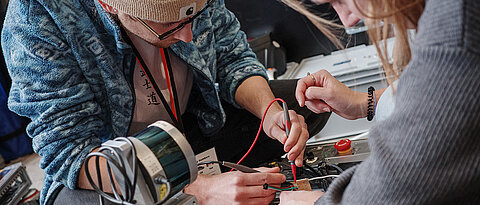
Technology for possible Mars missions is being tested in the Armenian desert. Among them are two robotic systems that students from the University of Würzburg produced as part of the elite Satellite Technology programme.
more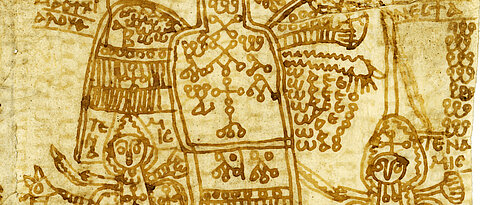
Magical texts from Egypt in Coptic script and language are the focus of a research project at the University of Würzburg. They are now being presented for the first time in a 600-page book.
more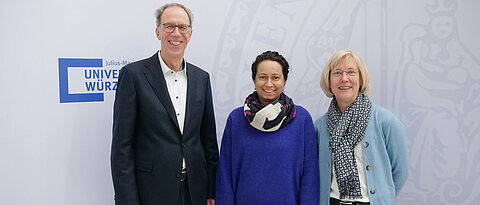
One step further: One JMU research project on nucleic acid research and technologies has qualified for the next round in the competition for the prestigious research grant.
more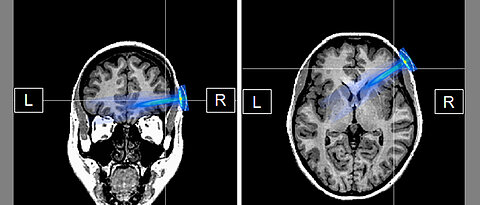
Psychologists at the University of Würzburg have investigated the extent to which neuromodulation of the brain with ultrasound waves influences people's behavior. The results can also be used as a basis for therapeutic purposes.
more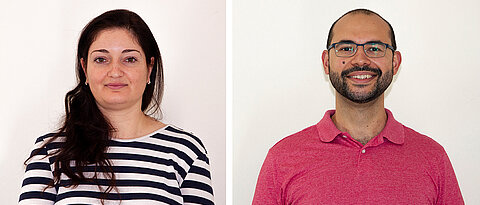
A precursor of cholesterol, previously categorised as harmful, can protect cancer cells from cell death. This finding, published in Nature, opens new doors for cancer research.
more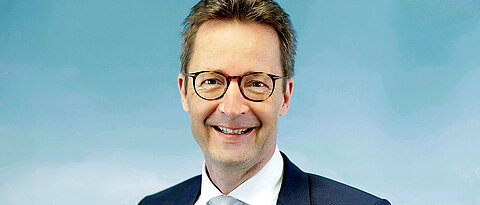
JMU alumnus Professor Lambert T. Koch is President of the German Association of University Professors and Lecturers. Here he talks about his work and his time as a student in Würzburg.
more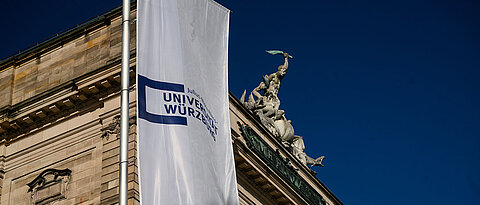
Democracy and the rule of law are the cornerstones of academic freedom in Germany. JMU therefore supports the recent statement by the Executive Board of the German Rectors' Conference (HRK).
more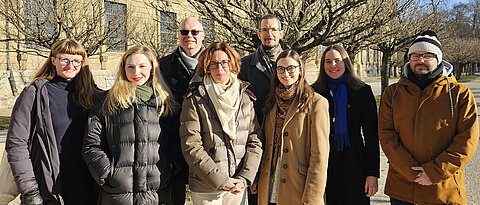
How did local people get organized in the ancient world? This is the subject of a new research project at the University of Würzburg involving Theology, Philology and History.
more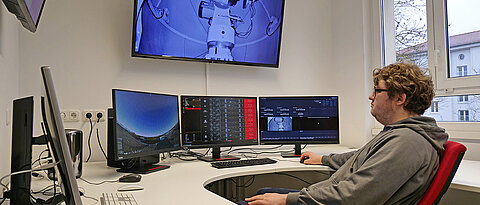
A dome around three metres high sits enthroned on the roof of the Geography building on the Würzburg Hubland Campus. It contains a telescope that students are using to develop an intelligent sensor for satellites.
more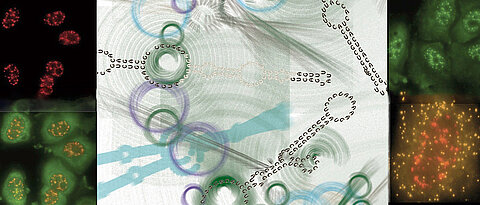
More than 1,000 players are involved in a cell when genetic information is translated into proteins. A new German-Israeli research project is now working on systematically identifying their respective tasks.
more